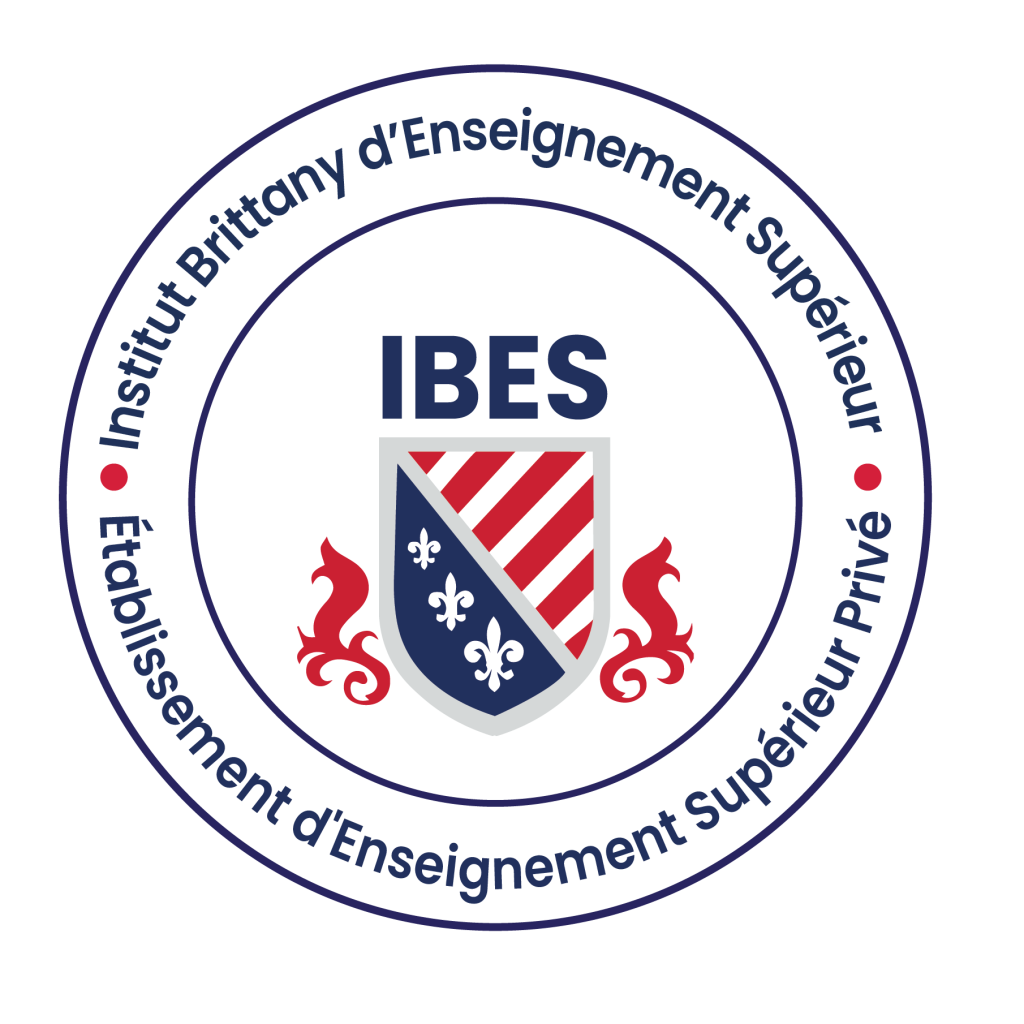Dual-Award Degrees: The Future of Higher Education
Explore how dual qualifications are reshaping learning, recognition, and career opportunities worldwide
Education is evolving faster than ever. In an increasingly connected and competitive world, students and professionals want qualifications that reflect both depth and breadth – credentials that open doors across industries, disciplines, and borders.
That’s where dual-award degrees come in. These programmes, which grant two separate qualifications from partner institutions through one integrated study route, are reshaping how learners approach higher education. They promise enhanced recognition, global relevance, and academic synergy. But as with all innovations, they also come with important considerations.
Let’s explore why dual-award degrees are gaining traction worldwide, what benefits they offer, and what to think about before enrolling in one.
What Is a Dual-Award Degree?
A dual-award degree (sometimes called a double degree or dual qualification) allows a student to earn two distinct academic awards upon completion of a single structured programme.
Typically, two institutions collaborate to create a shared curriculum. Each institution assesses students independently, ensuring the standards of both awards are met. The student then receives two separate certificates, one from each awarding body.
Dual-Award vs. Joint Degree
Unlike a joint degree, which results in a single certificate issued jointly, a dual-award provides two recognitions for the same period of study.
Why Dual-Award Degrees Are Growing in Popularity
Broader Academic and Professional Recognition
A dual-award degree strengthens a graduate’s professional credibility. With two institutions validating the academic journey, the qualification carries wider acceptance among employers, academic bodies, and professional associations.
This dual recognition reassures stakeholders that the programme meets multiple academic standards, often reflecting a more comprehensive approach to education and research.
Enhanced Learning Depth and Perspective
Dual-award programmes often blend complementary academic philosophies, providing exposure to varied research traditions, learning methods, and academic cultures.
Students benefit from access to diverse faculty expertise, dual libraries, and extended academic networks, all of which contribute to a richer, more nuanced learning experience.
Efficient Pathway to Multiple Qualifications
For ambitious learners, the dual-award route offers efficiency. Instead of pursuing two degrees sequentially, the programmes integrate coursework, assessments, and research components to satisfy both institutions’ requirements in a single pathway.
This means achieving two respected qualifications in less time and at a lower overall cost than taking them separately.
Increased Career Flexibility
Graduates of dual-award degrees often enjoy a broader professional scope. Two qualifications in related or complementary fields (for example, management and innovation, or education and leadership) equip graduates with a multi-dimensional profile.
Employers value this versatility, particularly in leadership, consultancy, and academic roles where cross-disciplinary understanding is prized.
Stronger Research and Academic Collaboration
For doctoral and postgraduate students, dual-award programmes foster research partnerships across institutions. Collaborative supervision, access to varied research tools, and exposure to different methodologies enhance the overall research output.
The result is a graduate who not only produces high-quality research but also develops the ability to operate across diverse academic environments.
Key Considerations Before Choosing a Dual-Award Programme
While dual-award degrees come with clear advantages, they also demand more planning and self-discipline. Here are a few important aspects to keep in mind before enrolling:
Academic Workload
Students must meet the academic expectations of both awarding institutions. Although the curriculum is designed for efficiency, it may still require more intensive study and assessment than a traditional single award.
Tip: Review module outlines, assessment criteria, and timelines carefully before committing. Ensure you can maintain balance alongside work or personal commitments.
Administrative Complexity
Dual-award students interact with two academic systems — two learning platforms, grading schemes, and sets of regulations. Managing communication and deadlines across both can be challenging at times.
Tip: Stay organised from the outset. Keep a shared planner or digital calendar to manage submission dates, module schedules, and institutional communications effectively.
Cost and Value
Although dual-award degrees often save time compared to completing two separate programmes, they can still incur higher upfront costs. Make sure to evaluate the financial investment against the long-term value of the dual qualification.
Tip: Enquire about payment options, scholarships, or instalment plans. Remember that the value of a dual-award extends beyond tuition – it’s an investment in credibility, employability, and global mobility.
Recognition and Accreditation
Before enrolling, always confirm that both awards are formally recognised by relevant higher education authorities or professional bodies. Recognition ensures the degrees hold value wherever you plan to work or pursue further studies.
Tip: Ask your admissions advisor or academic counsellor for official accreditation information. Verification upfront avoids misunderstandings later.
Self-Discipline and Adaptability
Succeeding in a dual-award degree requires strong self-management skills, academic maturity, and adaptability. Students must balance multiple expectations, meet higher standards, and demonstrate independence.
Tip: Build a study routine, communicate regularly with both academic supervisors, and use available institutional support systems to stay on track.
Dual-Award vs. Traditional Degrees
| Aspect | Dual-Award Degree | Traditional Degree |
|---|---|---|
| Qualifications Earned | Two separate certificates | One certificate |
| Time to Completion | Typically shorter than two separate degrees | Standard program duration |
| Cost | Higher than single degree, lower than two separate degrees | Standard tuition fees |
| Academic Recognition | Validation from two institutions | Validation from one institution |
| Global Mobility | Enhanced through dual accreditation | Limited to home institution’s recognition |
| Workload | Higher, meeting requirements of two programs | Standard program requirements |
How Dual-Award Degrees Are Shaping the Future of Higher Education
As higher education becomes more interconnected, dual-award programmes are redefining academic collaboration. They embody the idea that knowledge transcends borders and single institutions.
Dual-Award Doctoral Programs
For postgraduate students – especially those pursuing advanced degrees like the Doctor of Business Administration (DBA) or Doctor of Education (EdD) – dual-award pathways can be particularly valuable. They not only enhance academic recognition but also cultivate cross-institutional research capabilities and professional credibility.
Institutions offering such programmes often design them for experienced professionals who want to combine practical expertise with rigorous academic research. The outcome is a globally competent scholar-practitioner capable of applying knowledge to real-world challenges while maintaining academic excellence.
Final Thoughts
Dual-award degrees represent the future of higher education — collaborative, inclusive, and globally minded. They symbolise the merging of academic strengths, the sharing of resources, and the broadening of recognition across borders.
For students who value international credibility, diverse academic exposure, and career flexibility, a dual-award qualification can be a strategic and rewarding choice.
Before enrolling, weigh the benefits and practical demands carefully. Choose a programme that aligns with your ambitions, learning style, and long-term goals. With the right mindset and preparation, a dual-award degree can be more than two certificates — it can be a defining milestone in your professional and academic journey.
Explore Dual-Award Programs
